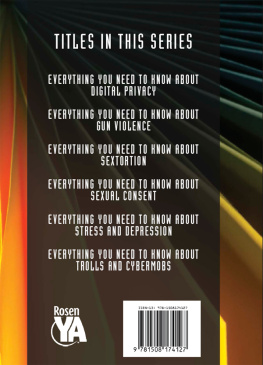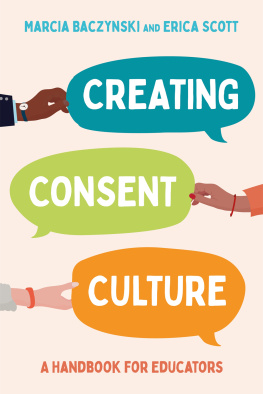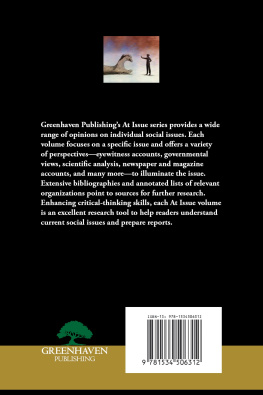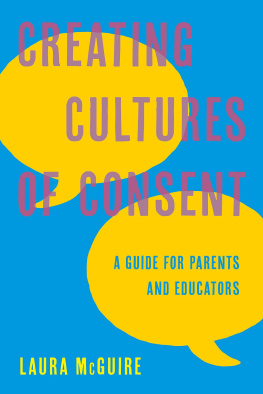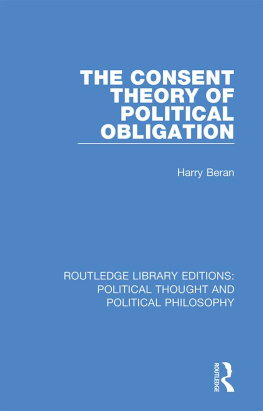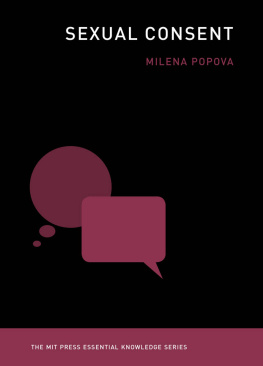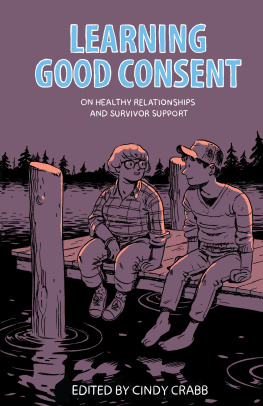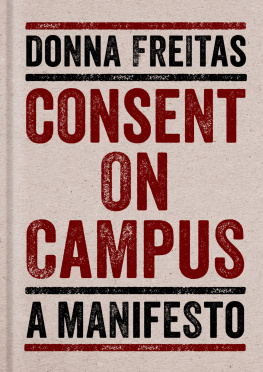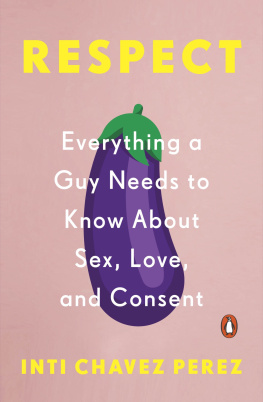Karla ORegan - Law and Consent: Contesting the Common Sense
Here you can read online Karla ORegan - Law and Consent: Contesting the Common Sense full text of the book (entire story) in english for free. Download pdf and epub, get meaning, cover and reviews about this ebook. publisher: Routledge, genre: Romance novel. Description of the work, (preface) as well as reviews are available. Best literature library LitArk.com created for fans of good reading and offers a wide selection of genres:
Romance novel
Science fiction
Adventure
Detective
Science
History
Home and family
Prose
Art
Politics
Computer
Non-fiction
Religion
Business
Children
Humor
Choose a favorite category and find really read worthwhile books. Enjoy immersion in the world of imagination, feel the emotions of the characters or learn something new for yourself, make an fascinating discovery.

- Book:Law and Consent: Contesting the Common Sense
- Author:
- Publisher:Routledge
- Genre:
- Rating:5 / 5
- Favourites:Add to favourites
- Your mark:
Law and Consent: Contesting the Common Sense: summary, description and annotation
We offer to read an annotation, description, summary or preface (depends on what the author of the book "Law and Consent: Contesting the Common Sense" wrote himself). If you haven't found the necessary information about the book — write in the comments, we will try to find it.
Consent is everywhere. It regulates our relationships with social and political institutions, with one another, and even with our own bodies. The wide variety of issues that consent is assigned to adjudicate suggests that it means - and does - different things in different contexts. This stands in stark contrast to the common sense claim that is often made about consent as a story of universal freedom, a tale of free will and inalienable agency. The common sense of consent is that it is, and has always been, about autonomy. But has it? Has consent ever had other meanings, in other contexts or time periods? What is achieved when the meaning of consent is positioned as a matter of common sense? What does this apparent transparency keep obscure? Moreover, is personal autonomy the outcome of consent laws today? Or is this promise of freedom simply an illusion? What happens to the laws and norms that govern our relationships with one another when this magic of consent is tested? Through an exploration of sexual offences in Antiquity, medical practice in the Middle Ages, and the regulation of bodily harm on the present-day sports field, this book demonstrates that, in contrast to its common sense story of autonomy, consent more often operates as an act of submission than as a kind of personal freedom or agency. The book explores the implications of this counter-narrative for a number of contemporary legal fields, including criminal, medical, and private law, arguing that the kind of freedom consent is meant to enact might be foreclosed by the very frame in which we think about autonomy itself.
ion of sexual offences in Antiquity, medical practice in the Middle Ages, and the regulation of bodily harm on the present-day sports field, this book demonstrates that, in contrast to its common sense story of autonomy, consent more often operates as an act of submission than as a kind of personal freedom or agency. The book explores the implications of this counter-narrative for a number of contemporary legal fields, including criminal, medical, and private law, arguing that the kind of freedom consent is meant to enact might be foreclosed by the very frame in which we think about autonomy itself.Karla ORegan: author's other books
Who wrote Law and Consent: Contesting the Common Sense? Find out the surname, the name of the author of the book and a list of all author's works by series.

